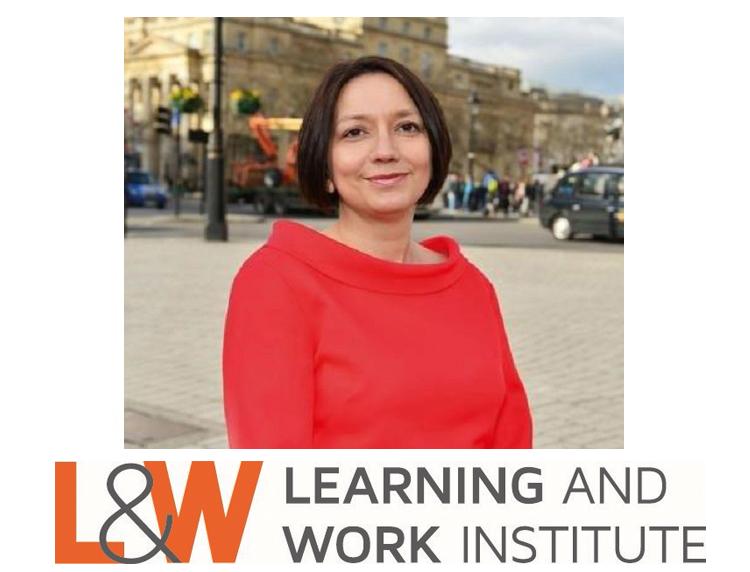Where next for apprenticeships? The Debate Continues #ApprenticeshipFutures

A ago week today, Learning and Work Institute launched All change: where next for apprenticeships?, a new essay collection with leading experts setting out ways to improve the quality of apprenticeships and ensure fair access to training.
Contributors were asked to reflect on the first year of the Levy and the impact of major changes to the development and funding of apprenticeships, and to give us their proposals for how to improve the quality of apprenticeships and ensure fair access to training.
The resulting essays were creative, insightful and ambitious – with contributions from a range of organisations including:
- Reform,
- IPPR,
- Boston College,
- the Federation of Small Businesses,
- West Midlands Combined Authority,
- Mencap and
- Young Women’s Trust.
Importantly, the collection also included the voices of apprentices themselves, who told us about the challenges they’d faced in finding out about apprenticeships, and what a ‘quality apprenticeship’ meant to them.
The best apprenticeships are world class, but more work is needed to ensure that quality is consistent. We’ve also argued that measures are needed to ensure that Levy investment results in increased levels of training, rather than simply a rebadging of existing provision.
Tom Richmond from Reform used his essay to argue that all standards, in use or development, should be judged against an internationally benchmarked definition of an apprenticeship, with those that do not measure up being revised or discarded.
Jo Maher of Boston College, made the case for the development of a ‘quality mark’ for employers and outlined her vision of an apprentice loan system, as a mechanism for larger employers to support SMEs in offering more high quality apprenticeships.
Annie Peate from the Federation of Small Business, picked up this theme with a number of proposals to make 2018 the year of the non-levy payer, with a greater focus on engaging SMEs and allowing levy-payers to transfer more of their funds to smaller firms.
On access, we have seen great examples of efforts to tackle under-representation – among ethnic minorities, people with disabilities, young people from disadvantaged backgrounds and care leavers. But it is critical that we end the participation penalty that some groups face, and ensure that everyone has a fair chance to benefit from an apprenticeship and that employers have the widest talent pool to draw from.
In his essay, Jeremy Crook of the Black Training and Enterprise Group, highlights the importance of effectively engaging employers and of using role models so that potential apprentices see ‘people like me’.
Jane Tregelles from Mencap puts forward a range of proposals to tackle the under-representation of people with health problems and disabilities in apprenticeship, including flexibility in the application of English and Maths requirements and reasonable adjustments in the application of end point assessments.
In their essay, the Young Women’s Trust highlights the potential of part-time and flexible apprenticeships to widen access and also outlines the challenges around low pay for apprentices. Our research – and the views of apprentices in the collection – backs this up; we need simpler minimum wage rules, greater awareness of them, and better understanding of the wider support that apprentices might need.
The levy and other wide-ranging reforms to apprenticeships have only been in place for just over a year, and need to be given time to settle in. Nonetheless it is important to consider the future direction of travel.
Both IPPR’s Joe Dromey and Julie Nugent of the West Midlands Combined Authority suggest that local areas have a key role to play in ensuring strategic delivery of investment to benefit local communities and economies.
We’ve also called for a change in focus from starts to completions and outcomes, and in time a review of the scope of the levy, perhaps for Traineeships, T-level work placements or investment in basic skills.
We are delighted that our essay collection has stimulated debate (Take a look at #apprenticeshipfutures to find out more or join in), and will continue to work with our partners to ensure that apprenticeships help deliver a skills revolution underpinned by opportunity for all.
Dr Fiona Aldridge, Assistant Director for Research & Development, Learning and Work Institute.
Copyright © 2018 FE News











Responses